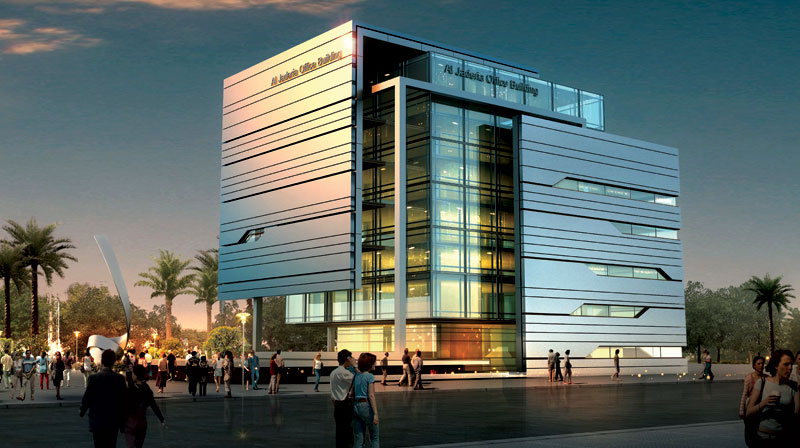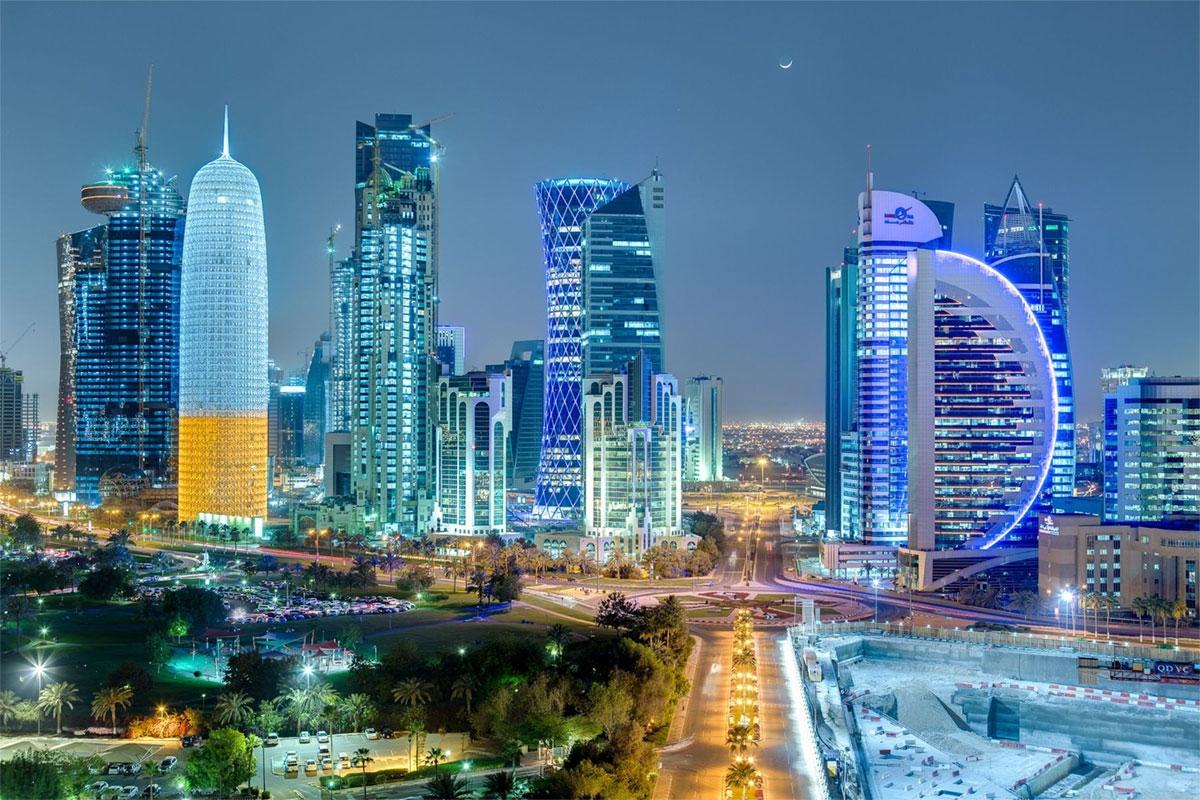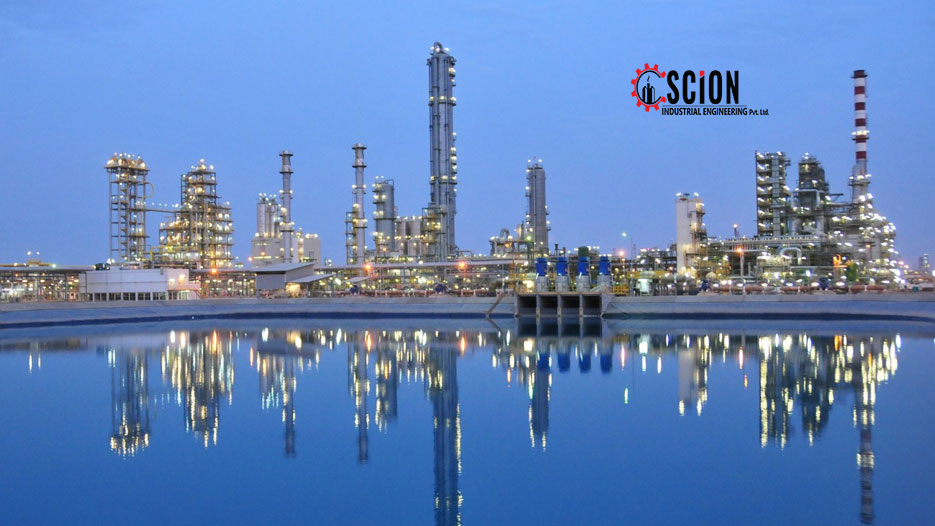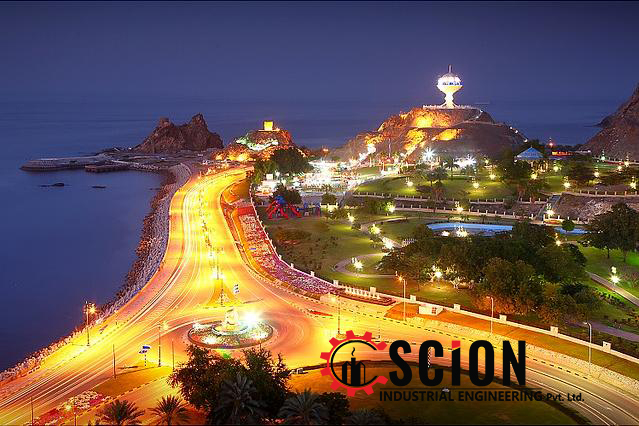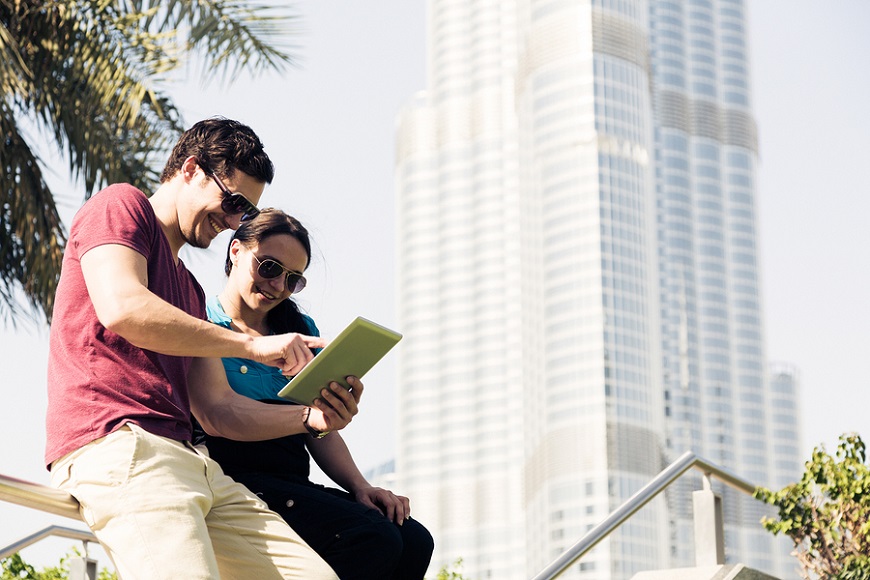The recent Lebanese court order restricting lenders from moving money abroad is the fallout of deep rot long building in the banking sector. This comes on the back of the country’s mounting debt amidst the deteriorating economic condition – the crisis that many blame on Lebanon’s corrupt political class and the government which defaulted on repaying the debts to banks.
On March 24, Lebanese judge Ghada Aoun ordered the Lebanese customs administration to prevent six Lebanese banks from sending money abroad. The banks targeted were Bank of Beirut, Bank Audi, Creditbank, Bankmed, SGBL and Blom Bank.
“Lebanese banks are technically broke, but until this moment, they aren’t legally so,” said economist Roy Badaro in an interview with Arab News.
He explained that the word ‘illiquid’ might be more appropriate as no one really knows about banks’ possible undeclared assets. In addition, no Lebanese bank has so far officially declared bankruptcy.
Badaro said banks are in denial of their situation. “Their main issue is that they were lured by the unhealthy profits offered by the government to finance its debt. Meanwhile, they abstained from financing the economy,” he pointed out.
Liquidity crisis
As the Lebanese government is embroiled in massive corruption charges, the state has amassed over a $90 billion debt that it is no more capable of paying, which in turn affected the liquidity of banks.
The banking sector responded to the asset freeze with a two-day strike on March 21 and 22. This might be repeated if more pressure is placed on the banking sector, warned a banking source on condition of anonymity Judge Aoun is a close ally of President Michel Aoun, who is demanding a forensic audit of the Lebanese central bank, in the wake of Lebanon’s default on over a $90 billion debt as a fallout of state mismanagement and corruption.
Ironically, Aoun’s party has been in power for the past decade and exclusively handled the electricity portfolio. Experts believe the latter accounts for over 40 percent of the debt. Industry observers tracking the development fear the banking sector’s insolvency crisis that has been triggered by the state’s failure to meet its debt payments is expected to worsen with time. The sector will further unravel, with banks having to shut down possibly.
Judge Aoun had previously frozen the assets of these banks, including members of their boards. The judge is in the process of investigating transactions they undertook with the country’s central bank.
Additionally, Judge Aoun issued travel bans against the heads of the boards of these banks.
While the banks are facing the heat now and are being blamed for the current economic crisis, industry observers believe that the country’s corrupt political class should take the blame as it failed to discharge its duties and responsibilities.
“The political class is attempting to divert attention from its failings prior to the (May parliamentary) elections. They want to show that they are doing something by making the banking sector their scapegoat,” said one of the bankers whose assets have been frozen, on condition of anonymity, in an interview with Arab News.
Lebanon will hold its first post-uprising parliamentary elections in May. In October 2019, Lebanese rose and protested against Lebanese political parties’ corruption.
“If the authorities implemented official capital controls measures, we would not be in the current quagmire of lawsuits, asset freeze, and other judicial decisions,” said Nassib Ghobril, chief economist at Byblos Bank, in an interview with Arab News.
One of the main aims of a capital control law is to ensure equal treatment to all depositors, he underscored. The capital control law will additionally limit preferential treatment that non-resident and well-off depositors can afford by retaining lawyers at elevated costs. At the same time, local judicial decisions discriminate against the other depositors by giving advantage to one over many,
added Ghobril.
Banking sector to shrink
Previous market dynamics allowed for the existence of 47 commercial banking groups, he said, adding that the market forces will determine the future number of banks in Lebanon.
Ghobril feels that the outlook of each bank will be decided by the plan for solvency and liquidity and the business model that banks will submit to the central bank.
In turn, the authorities will put certain criteria for recapitalization, which will determine which banks will continue and which banks will exit the market.Badaro believes nonetheless that only a few banks will survive.
“As we foresee a GDP of less than $30 billion in the next five years, and as the ratio of banks assets to GDP would be around 100 percent, this means we will end up having 7 to 12 banks,” he emphasized.
The sector’s role will also evolve. In his opinion, its main functions will be focused on trade
financing and short-term loans in small amounts.
According to figures provided by Badaro, banks currently possess an estimated $4 billion, which means that for most depositors, money cannot be accessed.
The government and central bank estimated the financial gap at $69 billion, or what they consider as the “losses,” specified Ghobril.
What was leaked to the press is that 74 percent of this amount will have to be borne by depositors and commercial banks, while the state and the public sector escape without assuming any part of the burden, he added.
“This is absurd, as it is the abuse of power, the mismanagement of the public sector, and the mismanagement of the ensuing crisis that led to the current state of the Lebanese economy and banking sector,” said the Byblos Bank economist.
Therefore, Ghobril warned that the state should assume most of the burden of the losses, not depositors, “as putting the burden on depositors will lead to a long-term loss of confidence.”
Source:https://www.arabnews.com/node/2059586

